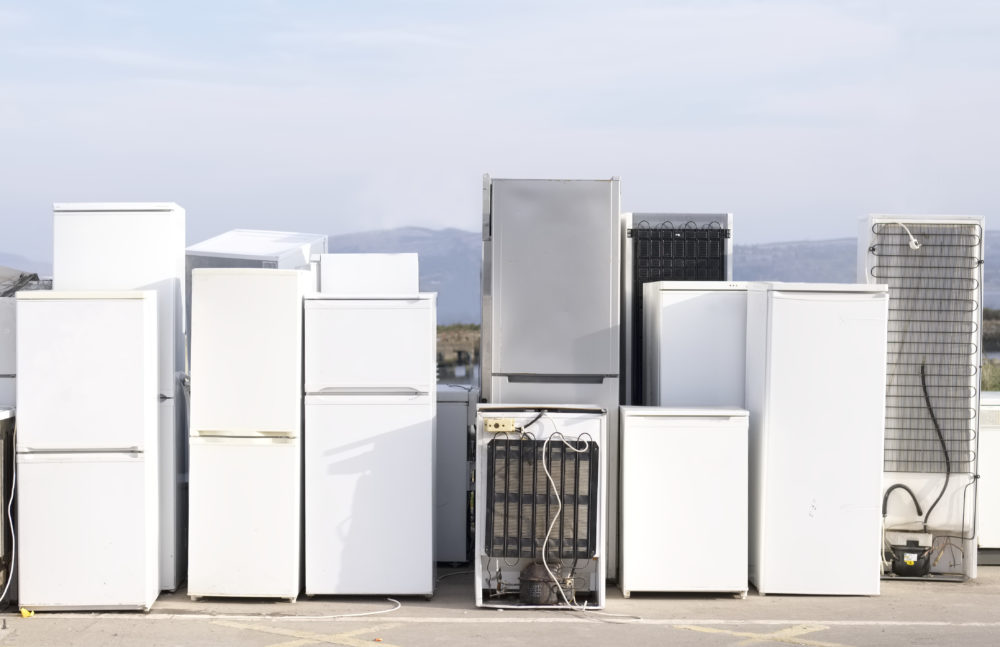Despite the dramatic sounding name, hazardous waste can include such everyday items as televisions, computer monitors, paint, fluorescent lights, batteries and anything that causes harm to the environment, with the list set to grow in the future.
Small businesses need to be aware of exactly what they are throwing away as punishment for breaking the new laws consists of hefty fines and, in extreme cases, jail.
The Landfill Directive means that hazardous and non-hazardous waste can no longer be dumped in the same landfill. Effectively, this means that businesses are now responsible for segregating hazardous and non-hazardous waste when putting out their rubbish.
As Martin Gibson, director of Government-sponsored environmental group Envirowise explains, “Small businesses need to know what they’re throwing out. They need to speak to the agency that takes their rubbish away and to their regulator to find out exactly what constitutes hazardous waste for them.” The regulators are the Environment Agency in England and Wales, the Department of Agriculture, Environment and Rural Affairs in Northern Ireland and the Scottish Environmental Protection Agency in Scotland.
The penalties for disposing of waste irresponsibly can be severe, including fines of thousands of pounds. Business owners must ensure that the person disposing of their waste is doing so appropriately or they will be liable to punishment.
Gibson goes on to point out that the changes will also mean higher charges for removing waste, but there are ways of reducing the impact of these.
“First of all, you need to look at what waste you’re producing, then ask yourself why you’re producing it. Once you’ve done that you can work out ways of producing less waste.”
Envirowise offers small businesses free waste advice on its website at www.envirowise.gov.uk and also offers a one-hour phone consultation on 0800-585794. Free one-day and half-day visits can also be arranged.





